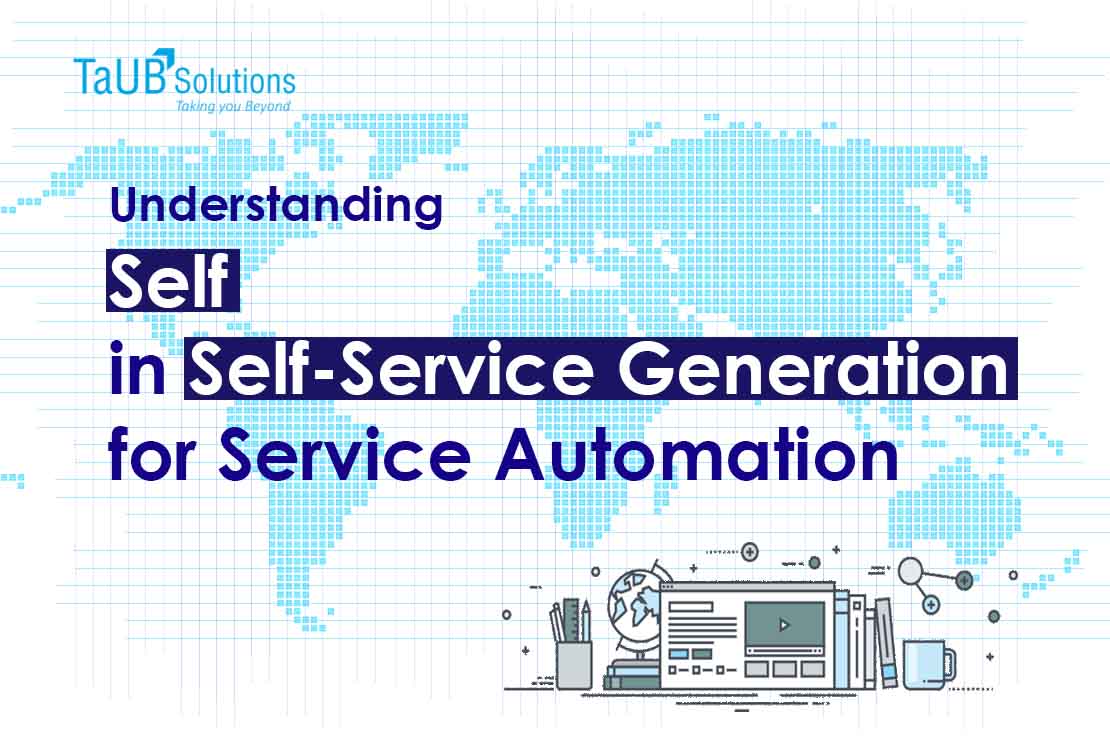Understanding “Self” in Self-Service Generation for Service Automation
Banks are being challenged to bridge the gap between the services offered by them and user-experience & convenience expected by the current generation of users. Amazing FinTech startups have emerged to connect the dots between the banks and the so-called Self-Service generation. Traditional Banks have been spending much of its efforts on “Services” they can offer with less focus on end-users, who value the services offered by them. This blog attempts to stress the importance of understanding the user ( the “self” part of Self-Service Generation) for making the service automation a successful endeavor.
What role are FinTech Companies playing now?
In the last decade, FinTech startups were able to identify a huge gap in the banking experience. For instance, Payment and Lending/Loan Services were highly disrupted by the startups in India. This became very evident during the 2016 demonetization of 500 and 1000 rupee notes.
The bankers of the self-servicing generation are much different from the previous-gen bankers. As the concept of banking has not changed much, the personality, background, and perception of the banker have changed a lot due to the Digital and Smart Technologies. Traditional Banks failed to understand the change in user perception and focused on modernizing its service offerings using digital technologies. On the other hand, FinTech companies focused on user perception of the current generation and built services to cater specific needs and automated the process to reach the market faster.
Why should “User” be at the heart of a service?
“Service value: a service must deliver value in the eye of the user.”
Understanding the change in the perception of a service for the users is critical. The approach of Donald A. Norman on user-centered services and Behavior-driven design have been applied by the companies for a long time. The key difference now, however, is that digital technologies have completely transformed our expectations and the changed our perceptions about quality services.
In less than a decade, we have got accustomed to the experience of the information is available on a ‘Swipe’ of our thumb.
“Technology has changed our Service Perception”
Conclusion
The primary step that the banks need to do, before any automation, is to build the user profiles who would consume its services. User profiles should be comprehensive, covering Demographic and Psychographic dimensions. Just want to end with a quote by Frank Chimero
“People ignores design that ignores people”.
Just replace word design with service.
Interesting Reference
About the Author
Hari G, widely known for his keen analytical and product development skills, brings in 17 years of rich experience in execution of technology strategies and solutions that support company growth. As the CIO, Hari leads Agile, DevOps, Automation and analytics practices of TaUB Solutions.
Hari has extensive experience in user experience (UX/UI), Business Intelligence and Analytics, and building data-driven solutions using Agile methodologies





